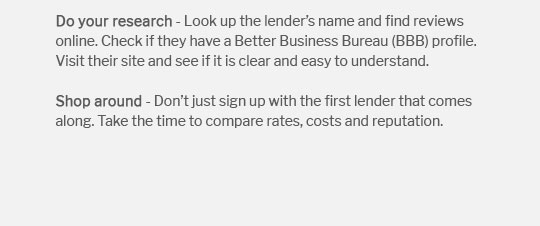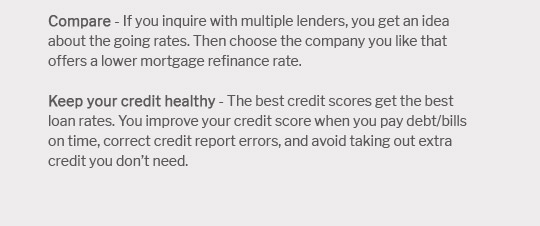 |
|||
 |
 |
 |
 |
|
|---|---|---|
 |
 |
|
 |
 |
|
 |
 |
 |
 |
Understanding FHA Refinance Loan Rates TodayIn today's ever-fluctuating economic climate, homeowners and prospective buyers are constantly on the lookout for opportunities to capitalize on favorable mortgage rates. One of the most popular options available is the FHA refinance loan, which is known for its accessibility and government-backed security. But what exactly are the FHA refinance loan rates today, and how do they stack up against other options? Let's delve into the nuances of these rates and explore why they might be a suitable choice for you. First and foremost, it's essential to acknowledge the primary advantage of FHA refinance loans: their ability to offer competitive interest rates even to those who might not have a stellar credit history. These loans, insured by the Federal Housing Administration, provide a cushion of confidence both for lenders and borrowers. As of today, FHA refinance loan rates typically hover slightly lower than conventional mortgage rates, largely due to the backing of the government, which mitigates some of the risks associated with lending. One might wonder, 'What determines these rates?' A myriad of factors come into play, including the Federal Reserve's monetary policy, inflation trends, and overall economic health. Lenders also consider personal factors such as your credit score, loan-to-value ratio, and debt-to-income ratio. Given the unpredictable nature of these elements, it's wise for homeowners to stay informed about current trends and forecasts, leveraging resources such as financial news outlets and expert opinions. Another crucial point to consider is the diversity of FHA refinance options available. Borrowers can opt for a simple rate and term refinance to adjust their interest rate or loan term, or they might choose a cash-out refinance to tap into their home's equity. Each path offers distinct benefits, yet the choice ultimately depends on individual financial goals and circumstances. Despite the appealing nature of FHA refinance loans, they are not without their caveats. Borrowers must pay mortgage insurance premiums, which can add to the overall cost of the loan. However, for many, the benefits of lower interest rates and lenient credit requirements outweigh these additional expenses. It's a balancing act, and one that requires careful consideration of both current financial standings and long-term aspirations. As we navigate through 2025, the landscape of mortgage rates continues to evolve. Economic forecasts suggest a potential stabilization in interest rates, but as with any financial decision, agility and preparedness are key. Homeowners who educate themselves on the intricacies of FHA refinance loans stand to benefit significantly, potentially saving thousands over the course of their loan. In conclusion, while FHA refinance loan rates today offer a tantalizing opportunity for many, they demand a thorough examination of personal finances and market conditions. Engaging with financial advisors and mortgage specialists can provide personalized insights, ensuring that you make an informed decision tailored to your unique needs. After all, the goal is not just to seize the best rate available but to secure a financial future that aligns with your aspirations. So, take the time to explore, ask questions, and make a choice that will serve you well in the years to come. https://www.bankrate.com/mortgages/fha-loan-rates/
The national average 30-year FHA refinance interest rate is 6.79%. We've determined the national averages for mortgage and refinance interest rates from our ... https://www.bankrate.com/mortgages/fha-refinance-rates/
30 year fixed refinance. Points: 1.557. 8 year cost: $343,690. 6.500%. 30 year fixed ... https://www.zillow.com/mortgage-rates/fha-mortgage-rates/
Adjust the graph below to see historical FHA mortgage rates tailored to your loan program, credit score, down payment and location.
|
|---|